
The term 'trip hop' was coined by the English tabloids. The style, which employs the use of down tempo break beats infused together with hypnotic atmospheric timbres, emerged around the early 1990s. Massive Attack, credited with being 'one of the pioneering forces of [this] British dance genre, released their 'trend-setting' debut album Blue Lines in 1991. The recording, described as a 'blend of rap, deep reggae and soul [which] was provocative and rich in texture, set the pace for many groups producing non-techno British dance music at that time. Massive Attack asserted: 'We don't ever make direct dance music. You've got to be able to listen and then dance.
During the early stages of the genre's development, the bastion of the trip hop movement was Bristol, England. Bristol has a high percentage of Caribbean immigrants, which probably explains the heavy influence reggae music and Rastafarian culture have played in the genre. Massive Attack's 1994 second release Protection,, although considered to be 'a disappointment compared to their debut, demonstrates this connection to the reggae culture - further attested to by the Mad Professor's dub re-mix of the album in 1995 ( later released as No Protection.).
The Bristol trip hop scene also spawned Tricky and Portishead - more commercially successful bands than the pioneering Massive Attack. Portishead's seminal and critically acclaimed 1994 album, Dummy, is credited with bringing trip hop to the British mainstream and American alternative scenes. The media-wary band members Geoff Barrow, vocalist Beth Gibbons, guitarist Adrian Utley and drummer Dave MacDonald refused to tour and give interviews, and instead used music videos as the main promotional device for the album.
Tricky (born Adrian Thaws) was one of the original members of the Wild Bunch, the 1980s dance band that later became Massive Attack. He appeared on Massive Attack's Blue Lines, (providing the rap component) before leaving the group to start a solo career.
Tricky collaborated with Martina, described by Rolling Stone as a 'teenage vocalist [with an] ethereal voice [that complements Tricky's] prickly, throaty vocals, and released his debut single, 'Aftermath' in 1993. This was soon followed by the release of Maxinquaye. (1995). The album received an overwhelmingly positive response, entering the United Kingdom charts at # 2. The follow-up album (Pre-Millennium Tension,) was disparaged by music critics, but was a commercial success in Britain and (the new market of) America.
Post-trip hop
After the success of Massive Attack, Portishead and Tricky albums in '94 and '95, a new generation of trip hop artists emerged with a more standardized sound. Notable "post-trip-hop" artists include Morcheeba, Sneaker Pimps, Alpha, Mudville and Cibo Matto. These artists integrated trip hop with other genres - including, but not limited to, ambient, R&B, breakbeat, drum 'n' bass, acid jazz, and new age. The first printed record for the use of the term "post-trip-hop" was as late as October 2002 when British newspaper The Independent used it to describe Second Person and their hybrid sound. Trip hop has now developed into a diversified genre that is no longer limited to the "deep, dark style" of the early years, eliminating the original impression of trip hop as "dark and gloomy".
external links
http://www.ncimusic.com/tutorial/history/electronica/triphop.htmlhttp://en.wikipedia.org/wiki/Trip_hop

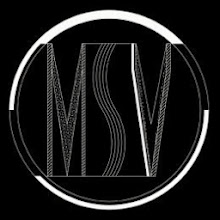



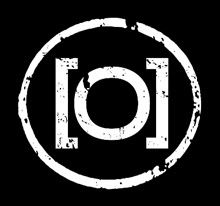
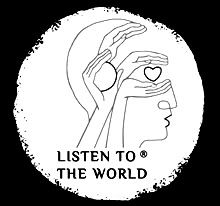
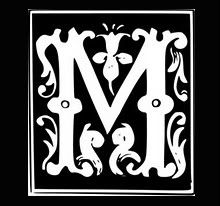
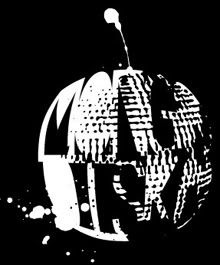


Can I add something?? Sorry..but you guys need to put Mo Wax and NinjaTune on this article as well because...these labels that also support this trip hop movement to masses. Thanks
ReplyDeleteWe are sorry, we should write the details,thanks for remind us,respect-MW
ReplyDelete